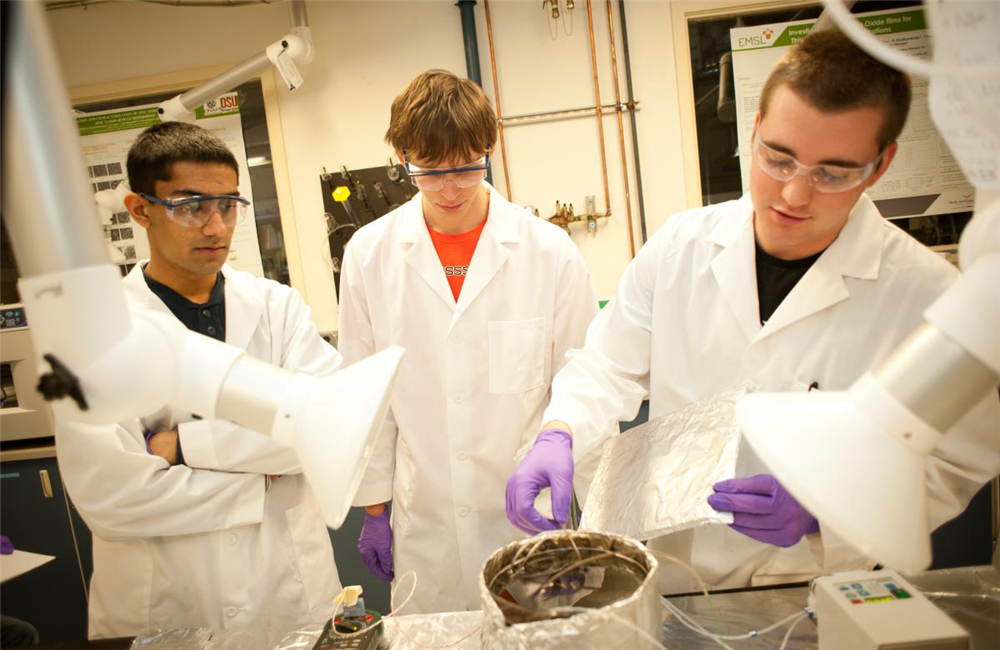Do Universities need to promote R&D more?
31 Mar, 201610 minsThe report showed that for every new job in engineering, two more are created outside of the...

The report showed that for every new job in engineering, two more are created outside of the sector and every £1 generated in engineering generates £1.45 elsewhere. It also showed that a doubling of the number of engineering and technology graduates who are known to enter engineering occupations is required.
The report concluded that Britain needs to be producing 69,000 more engineers than it is currently producing every year just to meet industry demand. Public statements on research and innovation from heads of state or ministers of science suggest that the genie is finally out of the bottle however. Many nations have not only identified the value of a strong science, engineering and innovation base for economic growth but have developed, funded and instigated plans intended to place them at a global competitive advantage. The race is most certainly on.
Employers, the government, the education sector and professional bodies are searching for new ways to tackle the problem. But while universities are working to fill the gaps in industry, is there a risk that they’re neglecting their own needs? What – if anything – is being done to incentivise our most promising engineering graduates to become the academics of the future?
This is the question posed by the Royal Academy of Engineering in a recent report looking at the pathways of engineering graduates. It shows that in 2012, just 3.2% of UK engineering graduates went on to further study and research. This came as a surprise to many, but not to academics. Students with the potential to become successful researchers, are instead deciding to take up the offer of an industry based role, thinking it better to get a job straight away.
Undoubtedly we still need great engineering minds working in industry, but we also know that world-class research plays a key role in economic growth. One major issue is that engineering undergraduates receive plenty of information about potential careers in industry and opportunities for work experience, but they are rarely offered a taste of research until they’ve made their minds up about their careers. Students’ first exposure to the research environment is often not until their final-year project. Universities are rightly proud of the work placements that form part of most engineering degrees, but they should be equally keen to offer research placements.
The best solution for the UK’s engineering industry might be to nurture engineers who understand research, as well as researchers with industry experience. More graduates opting for careers in research would eventually mean a win for industry.
But that requires a change in the prevailing culture across higher education, in order to keep more brilliant young minds in academia. If we are to have the best engineers – in industry and universities – universities need to start actively promoting research as an equally important first step towards an engineering career.


